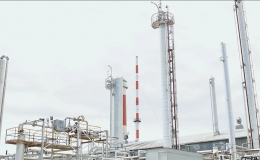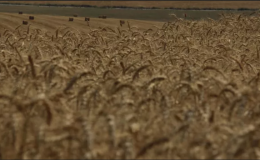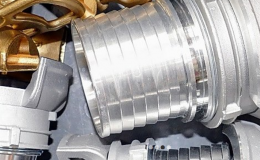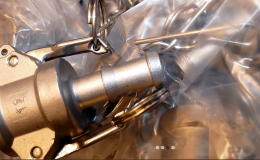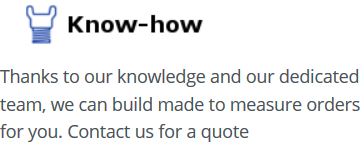The Triboulet story
Based in the heart of the Beaujolais region in France, the history of Triboulet began in 1938 as a manufacturer of wine taps. The activity very quickly turned towards more diversified industrial uses and in order to fully control the manufacturing of couplings, the company acquired a copper alloy foundry in 1963.
Subsequently, Triboulet built its strategy to face the challenges of providing solutions for additional markets. As a number of markets progressively muted from bronze casts to aluminium, Triboulet focused on its in-house development in order to optimise its production resources using new materials. A new building was constructed on a plot of land in the Industrial Zone at Belleville (69) in 1974 to house the new aluminium foundry. This foundry, which still exists, consumes 20 tonnes of aluminium per month and also uses 3 tonnes of bronze per month to ensure its regular production.
Some thirty years later, the company was taken over by a group of aluminium refining companies in 2004. Having ensured the continuity of the company’s activity while establishing itself in new competitive markets, the current manager decided, in 2011, for Triboulet Industrie to group together all of its activities (foundry/workshop/logistics) on a single site in Belleville (69) with its factory extension of nearly 2000 m2. Triboulet Industrie can now claim to be the only existing, fully integrated French manufacturer of symmetrical couplings and sealed gaskets, whose longevity is assured.
Our commitments
Triboulet Industrie is sensitive to the possible environmental impacts of an industrial production in the metallurgy sector. The management team researches constantly innovative methods to reduce its carbon footprint and reduce waste production in the environment. Its latest actions have significantly reduced the electrical energy consumption generated by the foundry’s furnaces. With the installation of a system of thermal oven lids, Triboulet Industrie has achieved savings comparable to the electricity consumption of around 40 households!
Traceability in the manufacturing process and quality control throughout the production chain ensures a reduction in the daily scrap rate. This control of faulty products avoids waste while contributing to the protection of the environment.
Triboulet Industrie also manages the removal of its own waste raw materials and consumables. This waste is recovered and then recycled. Recycled materials are then partly reused in the in-house production process, while maintaining the same level of quality. This circular economy technique upholds Triboulet’s position as a contributor to responsible manufacturing.



